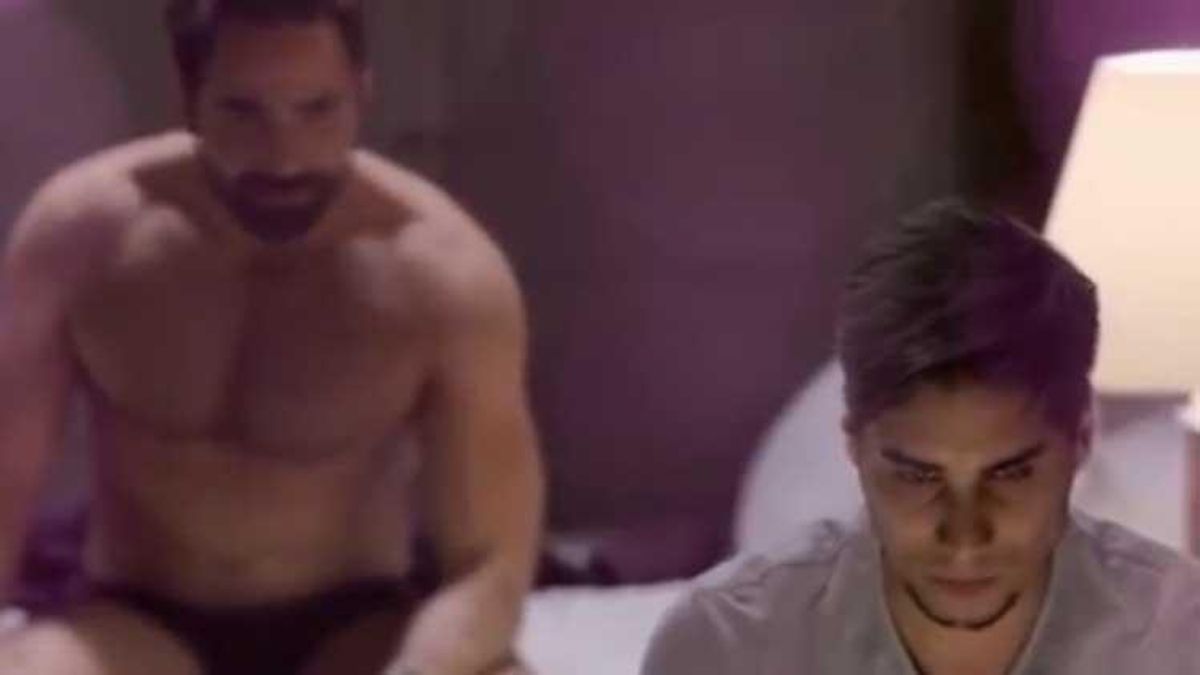television
GLAAD Finds Alarming Lack of LGBT Representation in Spanish-Language TV

A study of scripted series on three major Spanish-language networks found only 19 LGBT characters out of 698.
December 17 2017 10:52 PM EST
July 11 2018 11:59 PM EST
By continuing to use our site, you agree to our Private Policy and Terms of Use.

A study of scripted series on three major Spanish-language networks found only 19 LGBT characters out of 698.
GLAAD released its 2nd annual report on LGBT representation in Spanish-language scripted television on Telemundo, UniMas, and Univision, the three largest networks in the United States, and found an alarmingly low percentage of LGBT characters that had changed very little from the previous year's report.
The report, tellingly titled "Still Invisible," found only 19 LGBT characters on out of 698 total characters in scripted series on the three big networks, the breakdown of representation being 13 gay men, 3 lesbians, 2 bisexual women, and one transgender woman.
"An estimated 21% of the 1.4 million transgender people in the United States are Latinx. LGBTQ people of color are more likely to be raising children," wrote GLAAD's President and CEO Sarah Kate Ellis in the introduction to the report. "The Spanish-language television industry is thus not reflecting back the realities of a sizeable portion
of its audience."
To add insult injury, of the 19 queer characters GLAAD found, four were in the closet, six had storylines that were solely there to serve other characters, five were there for comic relief, and six of them died (although their deaths in the shows were not directly related to being LGBT), according to the report.
"It remains troubling that producers cannot imagine a way for LGBTQ characters to have successful relationships, families and/or success in business the way the heterosexual and cisgender characters do in the same programs," the report concluded. "Writers seemed to face challenges when creating LGBTQ characters that audiences could relate to and root for, especially since more and more of the stories occurred in the world of drug trafficking: four of the LGBTQ characters were villains who worked for criminal organizations."
Ellis pointed out in her introduction that not only is representation for queer people important and necessary but that it's also good business as more and more people cut the cord and seek out entertainment on streaming services. She made the argument that networks must include stories that appeal to young people.
"If television wants to stay alive and thrive, it has to start reflecting the world as it is," Ellis wrote. "Young viewers, in particular, may find themselves uninterested in television storytelling that is not LGBTQ inclusive."
She ended her introduction by putting out a call to action to the networks to be more inclusive of queer characters.
"This report should serve as a notice to the networks, as well as empower consumers to demand changes in scripted programming in both languages," she wrote.